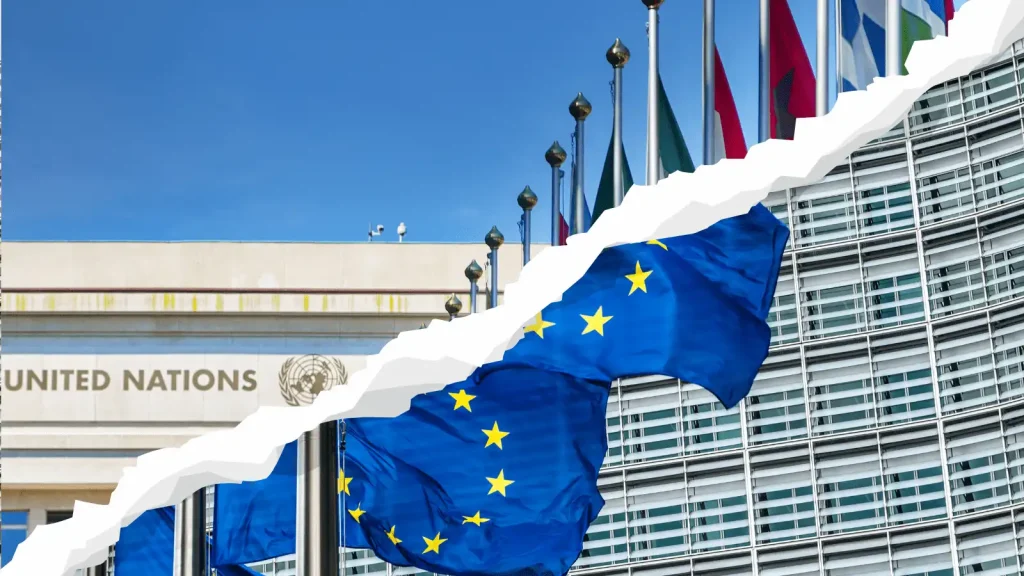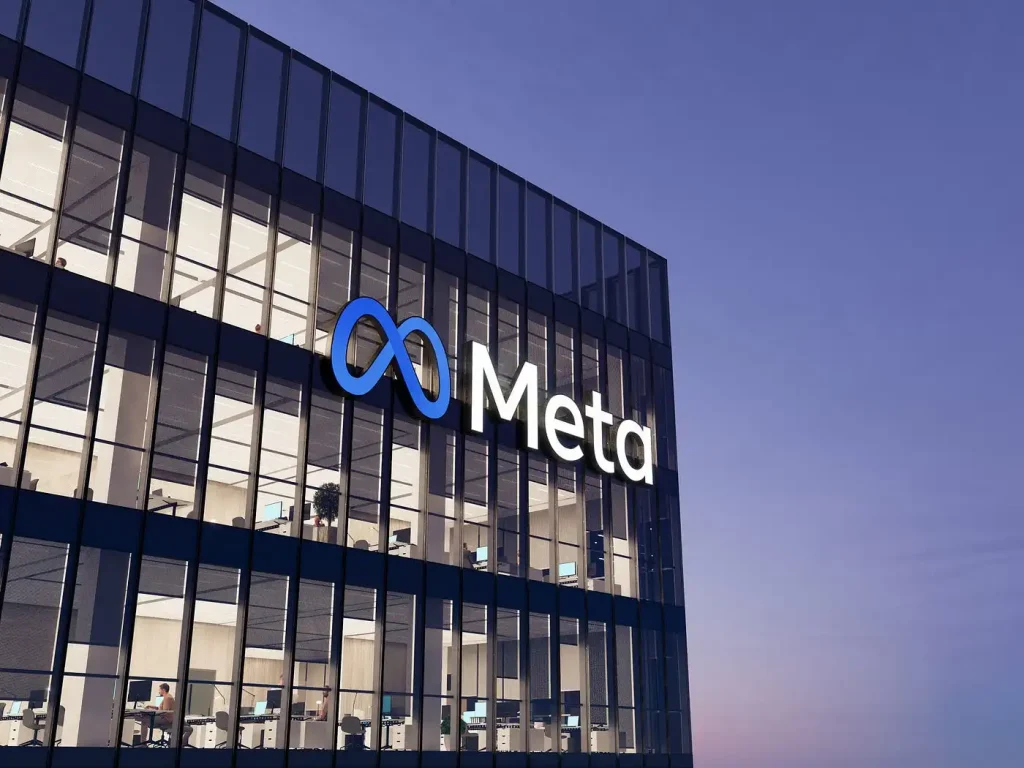The European Union has issued its first substantial fines under the newly enacted Digital Markets Act (DMA), marking a significant escalation in its efforts to curb the power of large technology firms. On Wednesday, the European Commission fined Apple €500 million and Meta €200 million, accusing both companies of violating key provisions of the landmark law.
These penalties signal a tough new phase in the EU’s regulatory stance against tech monopolies, even as global trade friction intensifies. The fines also arrive amid reports that former U.S. President Donald Trump, if re-elected, may consider retaliatory tariffs against countries penalizing American tech firms—potentially igniting a broader U.S.-EU technology trade standoff.
Apple and Meta Fire Back at EU Rulings
Both Apple and Meta reacted strongly to the European Commission’s decisions. In a scathing response, Apple criticized the penalties, arguing they undermine its business and jeopardize user privacy and security.
“These actions damage user protections, compromise our products, and force us to share proprietary technologies without compensation,” Apple stated, also accusing the EU of holding U.S. companies to different standards than their European and Chinese counterparts.
Meta, the parent company of Facebook and Instagram, echoed similar concerns. The company slammed the decision as an attack on its business model and defended its controversial “pay-or-consent“ feature, introduced in late 2023. Under this model, users could either pay for an ad-free version of its platforms or continue using them for free while consenting to data tracking.
However, EU regulators concluded that this approach violated the DMA’s transparency and consent rules. As a result, Meta now has two months to revise its practices or face recurring daily fines.
What the EU Demands from Tech Giants
The European Commission outlined several violations committed by the tech companies. Apple, according to the regulators, had imposed unjustified restrictions that blocked app developers from directing users to cheaper subscription or payment options outside the App Store ecosystem.
Though Apple had made adjustments to its iPhone browser settings—allowing users to select third-party browsers more easily and thereby escaping additional penalties—the Commission charged the company with maintaining barriers to sideloading. Sideloading allows users to download alternative apps and app stores directly from the web, bypassing Apple’s controlled environment.
Apple’s new Core Technology Fee, levied on developers using alternative distribution methods, was singled out as a major deterrent. Regulators argued this policy discourages developers from offering apps outside the App Store, effectively stifling competition.
On Meta’s side, the EU criticized the “pay-or-consent” setup, saying it did not provide users with meaningful choice and failed to meet the legal standards of fairness and transparency. Although Meta had been in talks with EU officials to tweak the model, those changes were deemed insufficient.
Ongoing Investigations and Future Enforcement
The Commission warned that this week’s penalties are only the beginning. Other tech companies remain under scrutiny. The EU is currently investigating Google’s advertising operations and Elon Musk’s X platform (formerly Twitter) to determine whether they comply with DMA rules.
Meanwhile, Meta’s Marketplace, which was previously categorized as a “gatekeeper” under the DMA framework, has been dropped from that designation due to a decline in its user base. However, this reprieve does not shield Meta from ongoing investigations into its other services.
Speaking on the broader implications of the DMA’s enforcement, EU Commissioner Teresa Ribera emphasized the importance of upholding digital fairness.
“We have acted decisively and proportionately. All businesses operating in Europe must follow our rules and respect the values we uphold,” Ribera stated.
EU Lawmakers Push Back Against U.S. Pressure
In the face of growing transatlantic tension, European policymakers remain firm on not allowing trade policy to interfere with digital regulation. Prominent EU lawmaker Andreas Schwab urged the European Commission to resist external influence.
“There must be no flexibility when it comes to enforcing digital market laws,” Schwab warned. “Linking legal decisions to trade interests undermines the foundation of the European project.”
The Digital Markets Act: A New Era for Tech Regulation
Implemented in 2023, the Digital Markets Act represents one of Europe’s boldest legislative efforts to curtail the dominance of so-called “gatekeeper“ platforms. These include tech giants that act as key access points between users and digital services, and whose dominance can shut out smaller competitors.
The recent sanctions come after a year-long investigation into whether Apple and Meta had adjusted their practices in line with the DMA’s provisions. While the €700 million total fine might appear sizable, industry insiders point out that these amounts are relatively moderate compared to previous enforcement actions.
Part of the reason, according to regulatory sources, is that the infractions occurred shortly after the DMA took effect. For now, the Commission appears more focused on prompting compliance than levying massive fines—although that could change if violations persist.
As Europe sharpens its regulatory tools, Silicon Valley’s biggest players are under increasing pressure to reform how they operate within the EU. And with more probes underway, the message from Brussels is clear: compliance is not optional.













